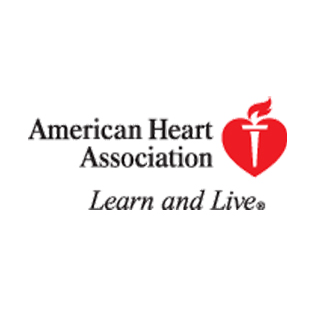
The figure that was apparently required to treat (NNT) value i.e. for instance about 20 patients in this case, may be a frequently used metric, which may assist doctors in assessing therapies.
Paul M. Ridker, M.D., lead author of the study and director of the Center for Cardiovascular Disease Prevention at Brigham and Women’s Hospital in Boston, Mass, commented, “Those NNT values are comparable or even superior to NNT values we already consider acceptable to prevent cardiovascular disease with statins in people with high cholesterol levels, where the 5-year NNT values range from 44 to 63.â€
The lower the NNT the better it is, as it may signify that lesser patients will be apparently required to be treated so as to profit.
Ridker was also said to be the lead investigator for the Rosuvastatin in the Prevention of cardiovascular Events. That data for the latest research has been gathered from about 17,082 men and women, who apparently have elevated levels of C – reactive protein in the JUPITER Trail.
In November 2008, the JUPITER researchers apparently accounted that giving around 20 milligrams of rosuvastatin to patients with high hsCRP and normal or low LDL was apparently linked with around 54 percent decrease in heart attack, about 48 percent drop in stroke, roughly 46 percent fall to supposedly require bypass surgery or angioplasty, and an approximate 20 percent decline in total mortality as opposed to controls who got a placebo.
Ridker mentioned, “These are patients who would not be treated with statins in current guidelines. Understanding the effectiveness of different therapies is crucial to the current health care reform debate. This study suggests that many patients outside our current treatment guidelines could benefit substantially from statin therapy.â€
Testing a blood sample for hsCRP is apparently not a usual part of clinical practice.
This research was published in Circulation: Cardiovascular Quality and Outcomes, a journal of the American Heart Association.
